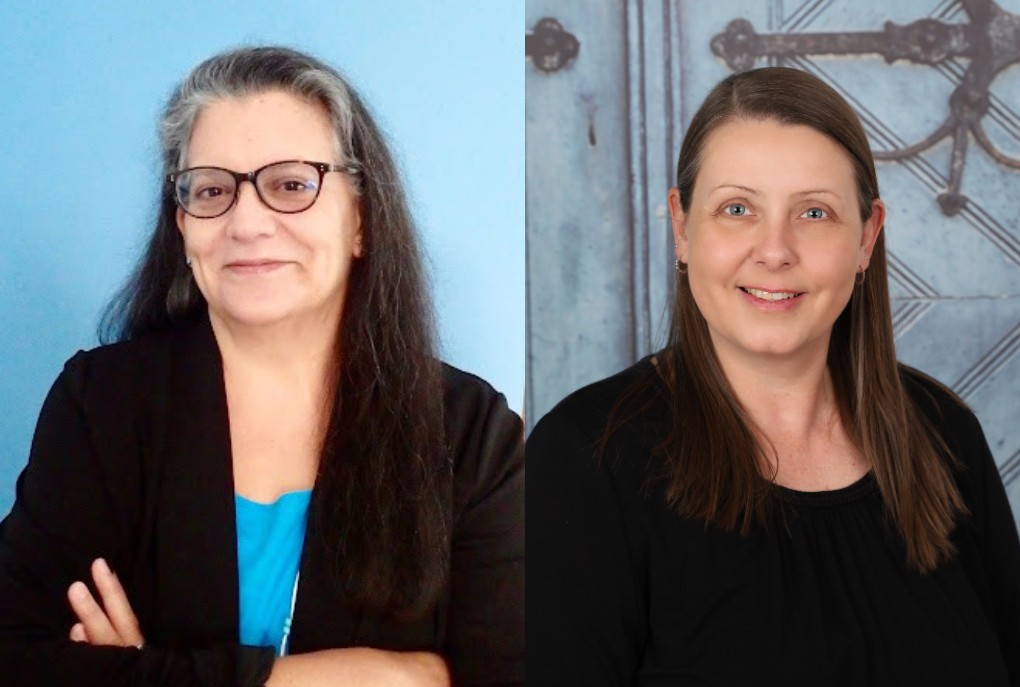Virtual Discussion: "'Old Ventura, about whom little is known': Music, Masculinity & California Missions," with Deborah Miranda and Laura Furlan
June 14, 1:00-2:00PM

Join Deborah A. Miranda for a virtual discussion about the effects of missionization on California Indian masculinities, seen through the life of one Carmel Mission Esselen man, her ancestor Ventura Cantua-Soto. Third generation mission-born in 1816, Ventura’s instruction as cantor serves as a gateway to imagining a reinvention of traditional male training in the use of music as communication with the sacred, and spiritual survival under brutal oppression.
In this talk, Deborah engages with archival traces of Ventura to imagine concepts of pre-missionized California Indian masculinities, using as an entry point a drawing of one of Ventura’s last acts as cantor in 1879, along with narrative of that mass provided by Robert Louis Stevenson, as well as oral stories about Carmel Mission and Ventura’s life by Isabel Meadows, Rumsien. Together, these three strands incite commentary about the violence done to Indigenous masculinity by California missions, and illustrate how Ventura’s Indigenous reinvention of outlawed coming of age and religious ceremonies served as an act of syncretic decolonization in the face of subsequent poverty, cultural collapse, and homelessness during secularization.
The discussion will be moderated by Laura M. Furlan, Associate Professor of English and Director of American Studies at the University of Massachusetts, Amherst.
The event will take place on Wednesday, June 14 at 1:00 p.m. ET via Zoom Webinar. The event is free to attend but registration is required. Register here to attend.
A YouTube recording of this event can be found here.
Deborah A. Miranda is an enrolled member of the Ohlone-Costanoan Esselen Nation of the Greater Monterey Bay Area in California, with Santa Ynez Chumash ancestry. In addition to Bad Indians: A Tribal Memoir, winner of the PEN Oakland Josephine Miles Literary Award, she is also the author of four poetry collections (Indian Cartography, The Zen of La Llorona, Raised by Humans, and Altar for Broken Things). She is the Thomas H. Broadus Endowed Chair, Emerita at Washington and Lee University, where she taught literature and creative writing. Now living in Eugene, Oregon, Deborah’s current project is a collection of essays based on the stories of Isabel Meadows, an Indigenous woman born in Carmel, 1846, who left behind extensive documentation of Indigenous cultures and histories in and around Carmel Mission in California.
Other readings from Deborah’s work with Isabel Meadows’s stories:
"Saying the Padre Had Grabbed Her": Rape is the Weapon, Story is the Cure
Extermination of the Joyas: Gendercide in Spanish California
"They were tough, those old women before us" : The Power of Gossip in Isabel Meadows's Narratives
Laura M. Furlan is Associate Professor of English and Director of American Studies at the University of Massachusetts, Amherst. She holds a B.A. in American Studies from the University of Iowa, an M.A. in English from San Diego State University, and a Ph.D. in English from the University of California, Santa Barbara. Her teaching and research interests include Native American literary and cultural studies, American Studies, autobiography, and creative nonfiction. Her book, Indigenous Cities: Urban Indian Fiction and the Histories of Relocation, was published by the University of Nebraska Press in fall 2017. She recently co-edited a special issue of Massachusetts Review on new Native writing and a special issue of Studies in American Indian Literatures that focused on Deborah Miranda’s memoir Bad Indians. Her current book project thinks about the role of archives in contemporary Native writing. She is also working on a memoir.
This program is part of the work of The Native American Scholars Initiative (NASI), which complements the collaborative, community-engaged work undertaken by the Center for Native American and Indigenous Research. With funding from The Mellon Foundation, NASI promotes research in the field of Native American and Indigenous Studies and related fields by undergraduates, Native American scholars, Tribal College faculty members, and researchers who work closely with archives and Native communities. NASI offers annual opportunities through pre- and post-doctoral fellowships, undergraduate internships, workshops and other resources.
